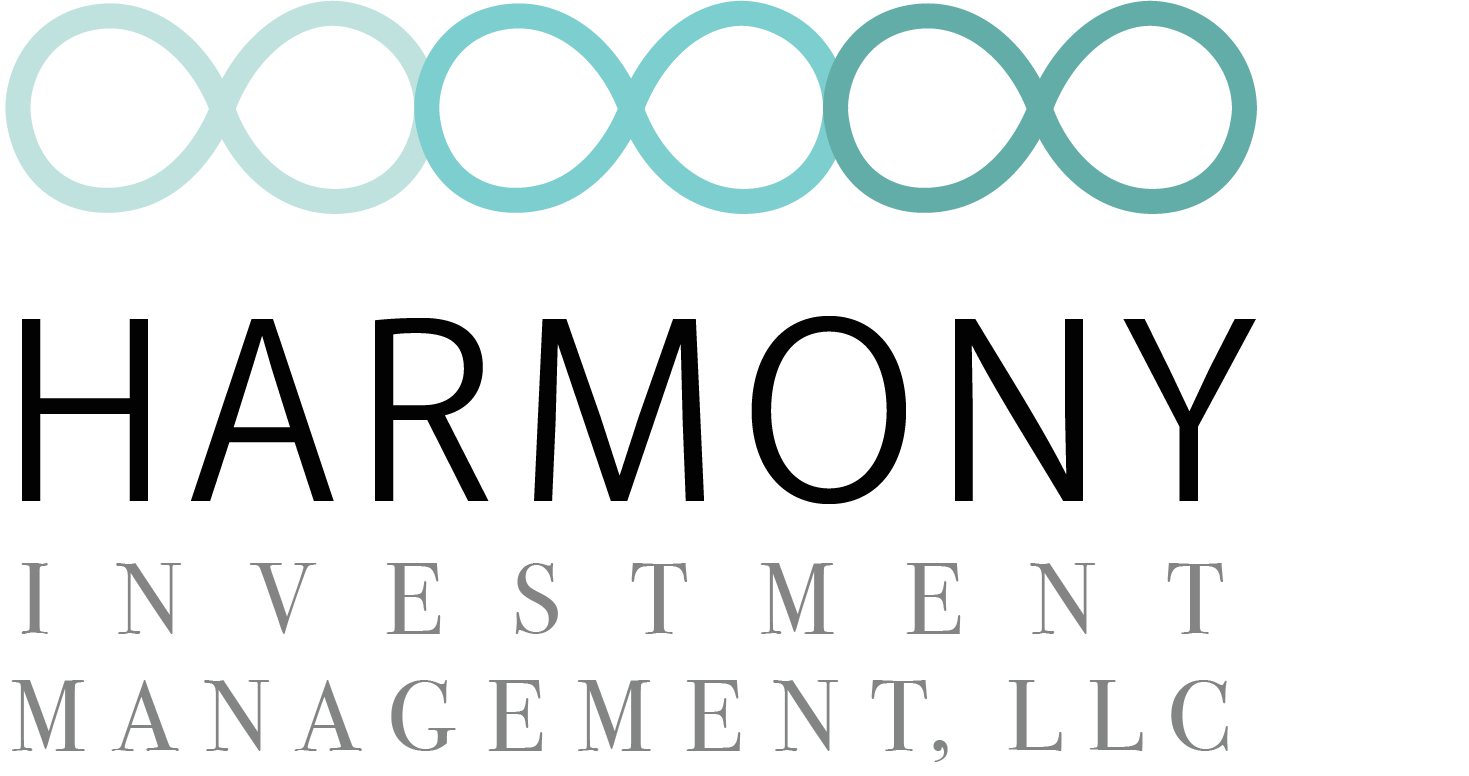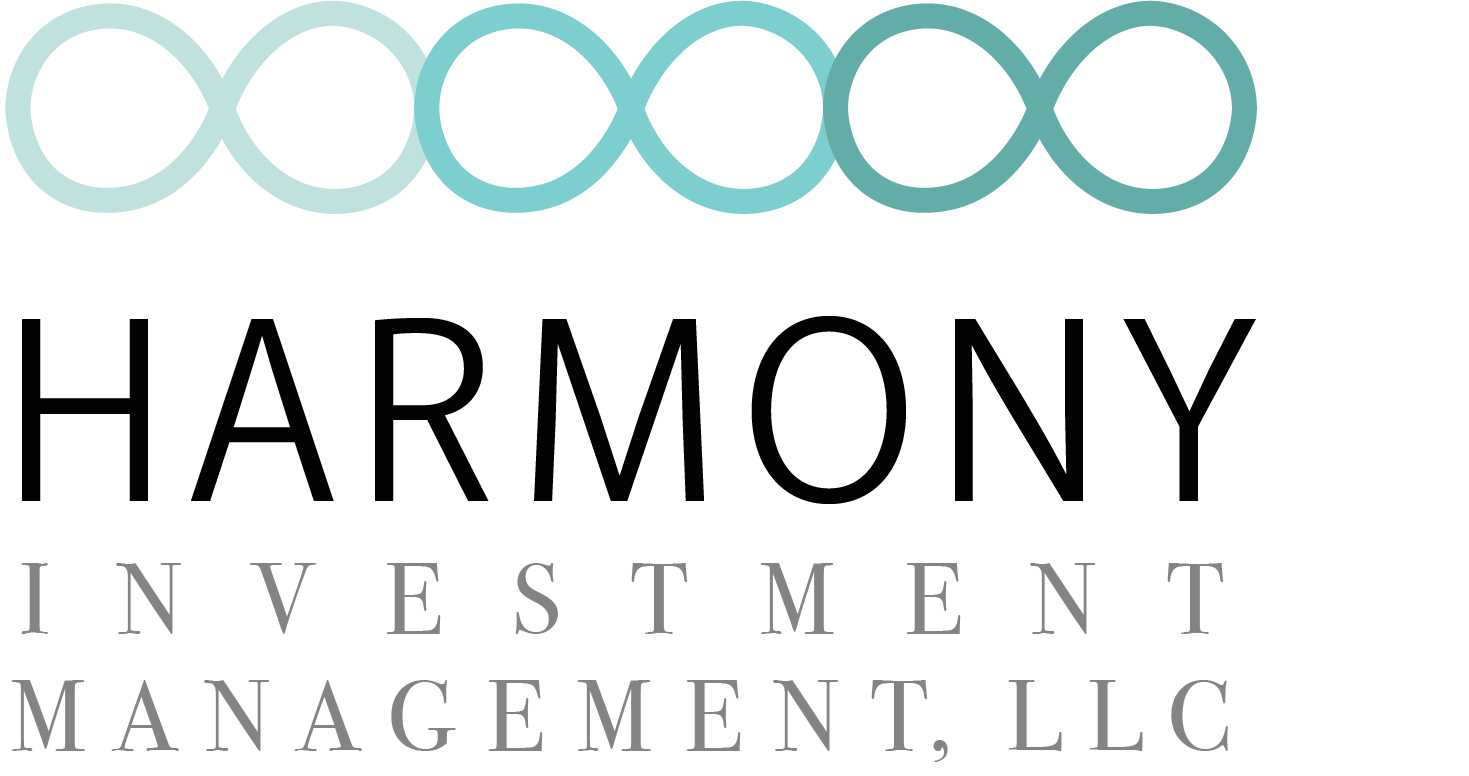Finding Your Financial Footing in the Year of the Horse
After a brief conversation with a friend regarding money and goal-setting, I was reminded that the Chinese New Year had just passed. She advised me this is the year of the Horse.
Upon further research, I learned that this encompassed many things, including that those born this year will be skillful with money. This was music to my ears!
To be truly skilled with money seems to be what we all yearn for, yet struggle to attain. My intention is to provide a few tips to ease this process for you as we look forward this new year.
» 1. Savings. The dreaded savings topic is my favorite. The U.S. savings rate can be a strong indicator of the economy at large. According to the Bureau of Economic Analysis, the U.S. savings rate has been as high as 13 percent and currently hovers in the 4 percent range.
Why is it so difficult to save? Unless an automatic savings system is in place, a targeted savings goal is difficult to reach. A 401(k) plan is a good place to start as savings are deducted on a monthly basis from your paycheck. Additionally, if you find it difficult to save, establish a separate savings account at a different bank where monies can be sent each pay period. Sometimes not seeing the funds as frequently prevents you from spending them.
» 2. College. According to the College Board, tuition and fees increased 4.2 percent per year over the past decade. With costs of college increasing, it is time to be creative! Consider applying for scholarships that may be overlooked by others. Take the time to do the research with your child and take advantage of every opportunity you come across. There are local, state and national scholarships available.
Establishing a 529 Savings Plan for your child may also help towards an effective savings plan. This can be a powerful vehicle if utilized properly. Start now and allow friends and family to write a check to fund this account for your child’s birthdays or as a holiday gift.
» 3. Documents. Having your estate documents in place is not enough. Provide a copy to beneficiaries or inform them where these documents are kept. Full disclosure is helpful and can help avoid confusion when someone passes away. Another good strategy is creating an electronic copy for yourself and family members, so these documents are easily accessible in the event of a crisis.
» 4. Beneficiaries. Retirement plans (403bs, 401ks, IRAs, etc.), annuities and life insurance policies have their own set of beneficiaries. It is commonly assumed that these accounts will be distributed according to the terms dictated by a living trust, but this is not the case. These accounts, although in your estate, are separate entities and require individual elections dictating where the funds should go in the event of your passing. It is best to coordinate with your advisors, both financial and legal, to discuss how to optimize your options.
» 5. The Forgotten Item. Have you recently refinanced? The refinancing craze has slowed down dramatically. However, I commonly notice one major oversight — the retitling of the home when a trust is involved. During the refinancing process, lenders typically require the property to be placed in individual name and removed from a trust until the loan is approved. Please remember to have another deed prepared titling the property back to the trust.
Enjoy this new year and embrace your finances with confidence!


